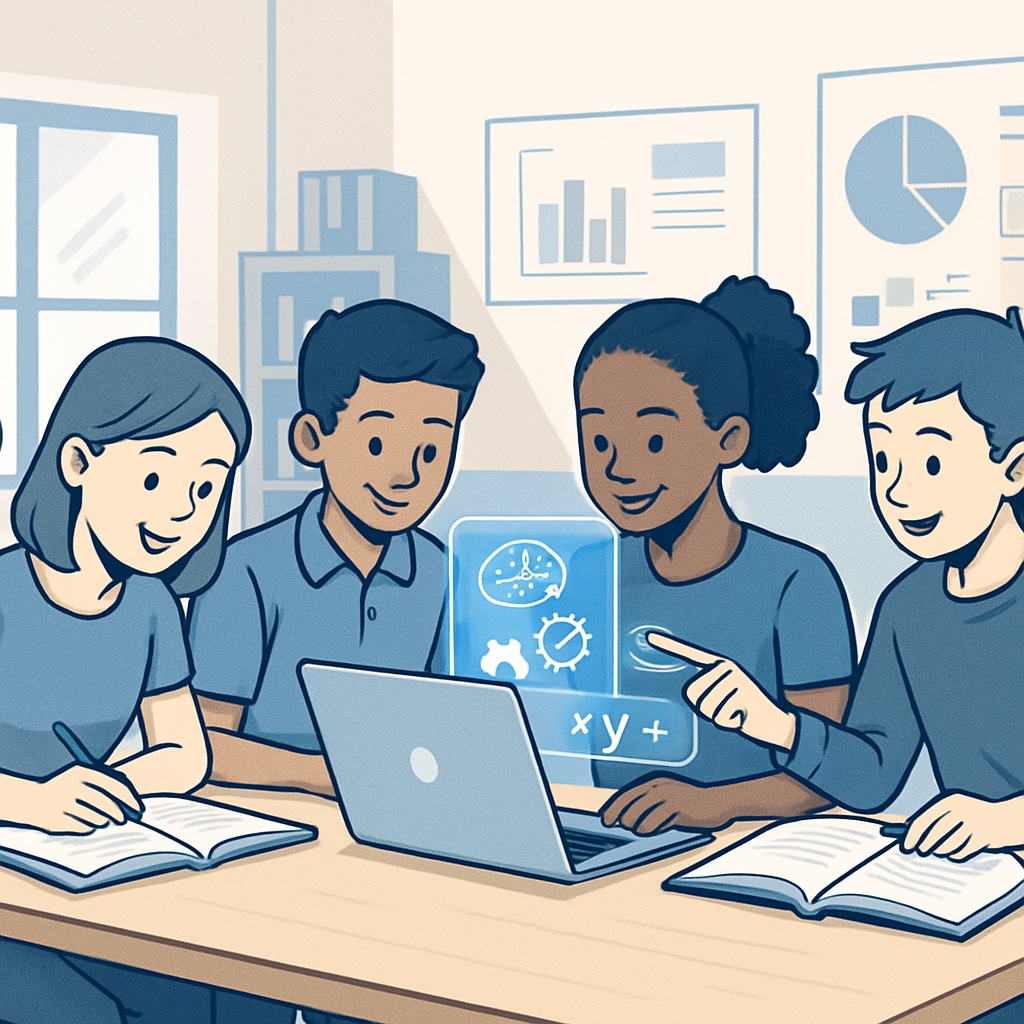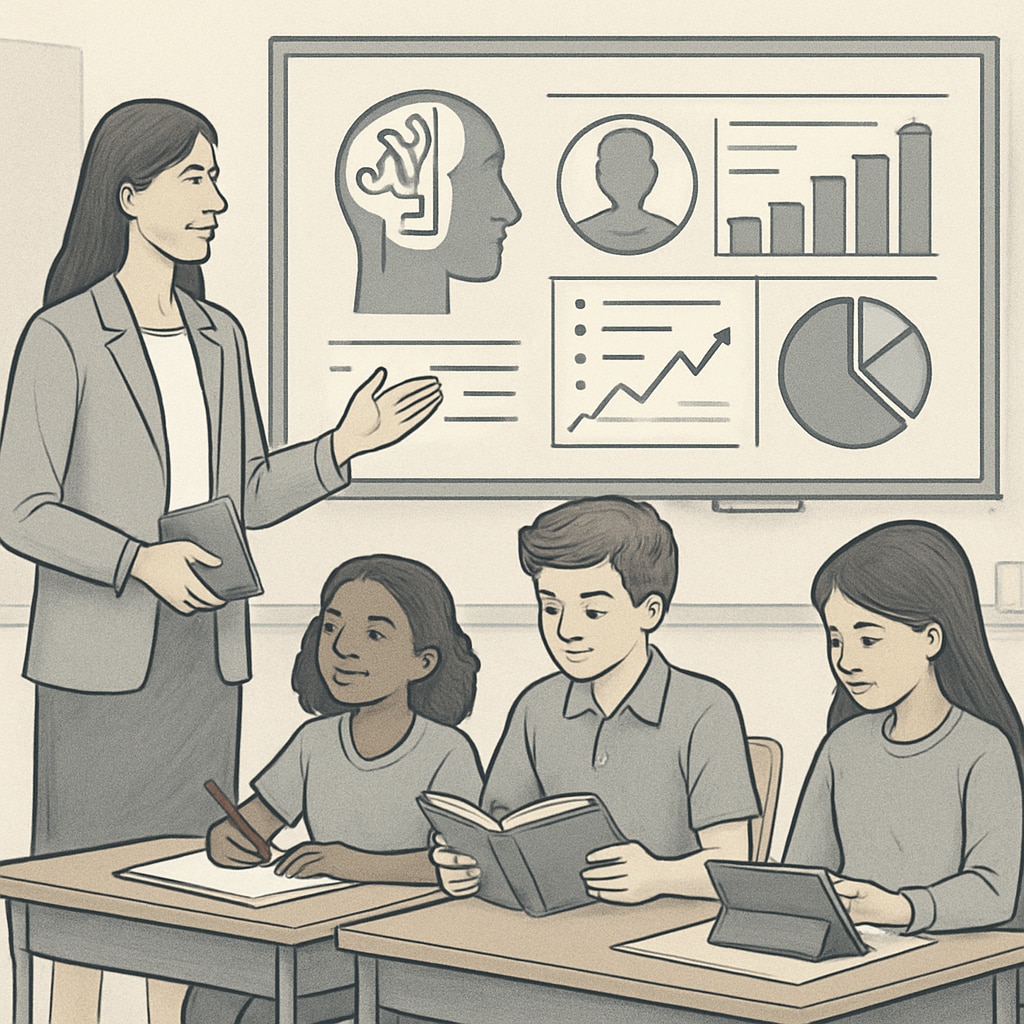With the rapid development of artificial intelligence (AI), traditional competitive exams face unprecedented challenges in talent selection. These exams, typically designed to assess students’ academic achievements against standardized benchmarks, are struggling to keep pace with the technological advancements reshaping education. To address this growing disconnect, K12 education systems must embrace reforms that align with the capabilities and demands of the AI era.
Why Traditional Exams Fall Short in the AI Era
For decades, competitive exams have been the primary method for evaluating students’ abilities and selecting the most qualified candidates for advanced opportunities. However, the rise of AI technologies has exposed significant flaws in these systems:
- Limited scope: Traditional exams often focus on rote memorization and standardized answers, failing to assess creativity, problem-solving, and adaptability—skills crucial in the AI-driven world.
- Susceptibility to automation: AI tools, such as advanced writing assistants and problem-solving algorithms, can undermine the integrity of exams by enabling students to bypass authentic effort.
- Narrow definition of talent: These exams often overlook diverse forms of intelligence, such as emotional intelligence (EQ), collaboration, and innovative thinking.

Rethinking Talent Selection for K12 Education
To adapt to the AI era, K12 educational systems must rethink how they identify and nurture talent. This requires a shift from traditional competitive exams to more holistic evaluation models that reflect real-world demands.
Possible reform strategies include:
- Project-based assessments: Encouraging students to complete interdisciplinary projects that showcase their ability to apply knowledge in practical scenarios.
- AI-integrated learning evaluations: Using AI tools to analyze students’ progress and strengths in real-time, providing personalized feedback to both learners and educators.
- Collaborative problem-solving tests: Assessing teamwork and interpersonal skills by having students work together to solve complex challenges.
- Portfolio-based reviews: Allowing students to compile portfolios that highlight their achievements, creativity, and growth over time.

Examples of Successful Reform Initiatives
Several educational systems worldwide have already begun experimenting with innovative approaches to talent selection:
- Project-based learning: Schools in Finland have adopted project-based learning as a core evaluation method, emphasizing collaboration and critical thinking over standardized testing.
- Portfolio assessment: The International Baccalaureate (IB) program incorporates portfolio reviews to evaluate students’ comprehensive learning journey.
These examples demonstrate that reformed systems are not only feasible but highly effective in identifying diverse talents and preparing students for dynamic futures.
Challenges and Opportunities Ahead
While reforming competitive exams offers considerable benefits, it also presents challenges:
- Implementation complexity: Transitioning from standardized exams to holistic evaluations requires significant investment in teacher training, curriculum redesign, and technology integration.
- Equity concerns: Ensuring that all students have access to the resources needed to thrive in new evaluation models is critical for fairness.
- Resistance to change: Traditional systems are deeply ingrained, and stakeholders may hesitate to embrace alternative approaches.
Despite these hurdles, the opportunities for enhancing talent identification are immense. By leveraging AI technologies, education systems can foster a more inclusive and innovative environment that empowers students to excel in diverse areas.
Conclusion: The Path Forward
As artificial intelligence continues to reshape the educational landscape, K12 systems must evolve to remain relevant. By embracing reforms in competitive exams and adopting more holistic talent selection models, educators can better prepare students for the challenges and opportunities of the AI-driven world. The key lies in prioritizing creativity, adaptability, and collaboration—qualities that traditional exams often fail to capture.
Ultimately, a reimagined approach to evaluation can ensure that education systems not only adapt to technological advancements but also actively contribute to shaping future generations of thinkers, leaders, and innovators.


